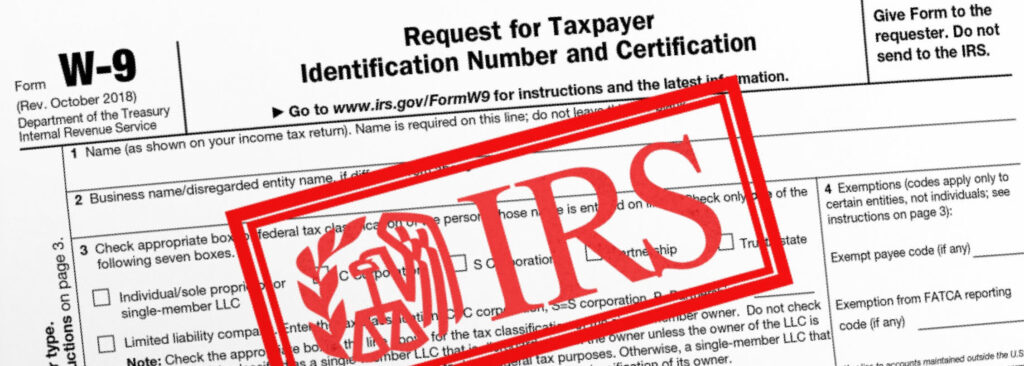Business Registration Renewal Deadline
If you’re in business within the city, here’s what you need to know. Within 15 days of starting your business, you must register, and this registration needs renewal every year by May 31st. It’s a routine that keeps the city’s financial gears turning smoothly. Some businesses go a step further and file for the Gross Receipts Tax along with other annual taxes.
Guidelines for Business Registration Renewal
For the renewal of your business registration, access the 2024 Business Registration Renewal portal and log in using the details below:
- Your seven-digit Business Account Number
- The last four digits of your Tax Identification Number
- Your eight-character Online PIN sent to you by our office
In case you don’t have your eight-character Online PIN, request it here. Please allow 3-5 business days for processing. Renewal online is not possible without your PIN.
Details for Successful Renewal
To successfully renew and calculate your business registration fee, you will need the following details:
- Your 2022 taxable gross receipts in San Francisco
- A description of your business activities
- The average number of employees per week
Please see the following link if you need additional information: https://sftreasurer.org/business/renew-business-registration
First Year Free Program
The First Year Free initiative, collaboratively devised by the Board of Supervisors and the Mayor, stands as a vital support system for San Francisco’s small businesses amidst the city’s recovery from the pandemic. This program alleviates the financial burden by waiving initial registration fees, initial license fees, first-year permits, and other relevant charges for eligible businesses. No additional paperwork is necessary for application—enrollment is automatic upon registering as a new business or new location within the city.
Which Businesses Qualify?
To qualify for the First Year Free initiative, your business or new business location must commence operations on or after November 1, 2021, and meet the following conditions:
- Possess $5,000,000 or less in estimated (or reported) San Francisco gross receipts
- Maintain a registered location designated for commercial use
- Not operate as a home-based business or a short-term rental
Note that permit applications and associated fees submitted before registering a business or new business location do not meet the eligibility criteria for the First Year Free program.
What Fees Are Waived?
The First Year Free initiative encompasses the waiver of various fees, including:
- Initial business registration fee (for new businesses exclusively)
- Application, inspection, and one-time permit fees
- Initial license fees
Participating City & County Departments, such as the Department of Building Inspection, Department of Public Health, Department of Public Works, Entertainment Commission, Fire Department, Planning Department, Police Department, and Public Utilities Commission, possess the authority to verify a business or location’s eligibility. Importantly, these departments will refrain from charging businesses for any fees covered by the First Year Free program.
Please see the following link if you need additional information: https://sftreasurer.org/business/first-year-free
Gross Receipts Tax (GR)
What are gross receipts?
Gross Receipts Tax (GR) is a tax levied on the total income a business earns from various sources. These sources encompass sales, services, property transactions, interest, rent, royalties, dividends, licensing fees, commissions, and distributed amounts from other business entities. Essentially, it includes all forms of income that contribute to a business’s gross income for federal tax purposes. Advance payments are also considered part of gross receipts when recognized as income for federal tax reporting. In the context of San Francisco, the Gross Receipts Tax applies to all taxable business activities within the city. This tax is an integral part of the Annual Business Tax Return, and businesses meeting specific criteria must file it.
Who Must File?
For the tax year 2022, businesses engaged in activities within San Francisco, excluding lessors of residential real estate, are obligated to file a return if their combined taxable gross receipts exceed $2,090,000. Certain exemptions, notably for qualified non-profit organizations, are outlined in Section 954 of the tax regulations.
Please see the following link if you need additional information: https://sftreasurer.org/business/taxes-fees/gross-receipts-tax-gr
Payroll Expense Tax (PY)
San Francisco voters granted approval to Proposition F on November 2, 2020, and its implementation took effect on January 1, 2021. Proposition F marks a complete repeal of the Payroll Expense Tax, ushering in an adjustment of Gross Receipts Tax rates across various industries. Simultaneously, it offers relief to specific industries and small businesses. It’s essential to note that the alterations brought about by Proposition F do not impact the 2020 Annual Business Tax filings.
What is Payroll Expense?
The term “Payroll Expense” is explicitly defined in Section 902.1 of the Business and Tax Regulations Code. This definition encompasses, but is not limited to, compensation disbursed to or on behalf of individuals, including shareholders of a professional corporation or a Limited Liability Company (“LLC”). The components of Payroll Expense include:
- Salaries
- Wages
- Bonuses
- Commissions
- Property issued or transferred in exchange for the performance of services (including but not limited to stock options)
- Compensation for services to owners of pass-through entities
Please see the following link if you need additional information: https://sftreasurer.org/business/taxes-fees/payroll-expense-tax-py
Business Property Statement
Submitting the Form is a mandatory obligation dictated by state law. It serves as the means through which businesses disclose their ownership of taxable business property, encompassing machinery, equipment, fixtures, and the like.
Please see the following link if you need additional information: https://www.sfassessor.org/property-information/business-owners/571-l-business-property-statement-e-file
San Francisco Can Also Impose Other Taxes That are Less Relevant to Gillingham CPA Clients, Such as:
Administrative Office Tax
Commercial Rents Tax
Homelessness Gross Receipts Tax
Overpaid Executive Tax
You may find more information on these taxes and more, at:
https://sftreasurer.org/business/taxes-fees-0



